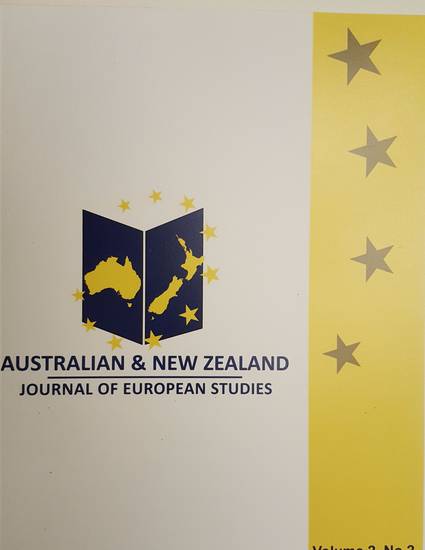
Article
Liberal Democracy: Culture Free? The Habermas-Ratzinger Debate and its Implications for Europe
Australian & New Zealand Journal of European Studies
(2011)
Abstract
The increasing number of residents and citizens with non-Western cultural backgrounds in the European Union (EU) has prompted the question of whether EU member states (and other Western democracies) can accommodate the newcomers and maintain their free polities (‘liberal democracies’). The answer depends on how important – if at all – cultural groundings are to democratic polities. The analysis of a fascinating Habermas-Ratzinger debate on the ‘pre-political moral foundations of the free-state’ suggests that while legitimacy originates on the will of the citizens that conform the political community, liberal democracies might not be completely free from moral principles implicit in their political culture. This possibility has normative implications for the political future of the EU - and of the West in general - particularly regarding immigration, integration and citizenship policies.
Keywords
- Europe,
- Judeo-Christianity,
- moral pre-political foundations,
- cultural background,
- political culture,
- Enlightenment,
- Western liberal democracies
Disciplines
Publication Date
Winter May 1, 2011
Citation Information
Pablo Cristóbal Jiménez Lobeira. "Liberal Democracy: Culture Free? The Habermas-Ratzinger Debate and its Implications for Europe" Australian & New Zealand Journal of European Studies Vol. 2 and 3 Iss. 2 and 1 (2011) p. 44 - 57 ISSN: 1837-2147 (Print) 1836-1803 (Online) Available at: http://works.bepress.com/pablo-jimnezlobeira/8/
Creative Commons license

This work is licensed under a Creative Commons CC_BY-NC International License.
